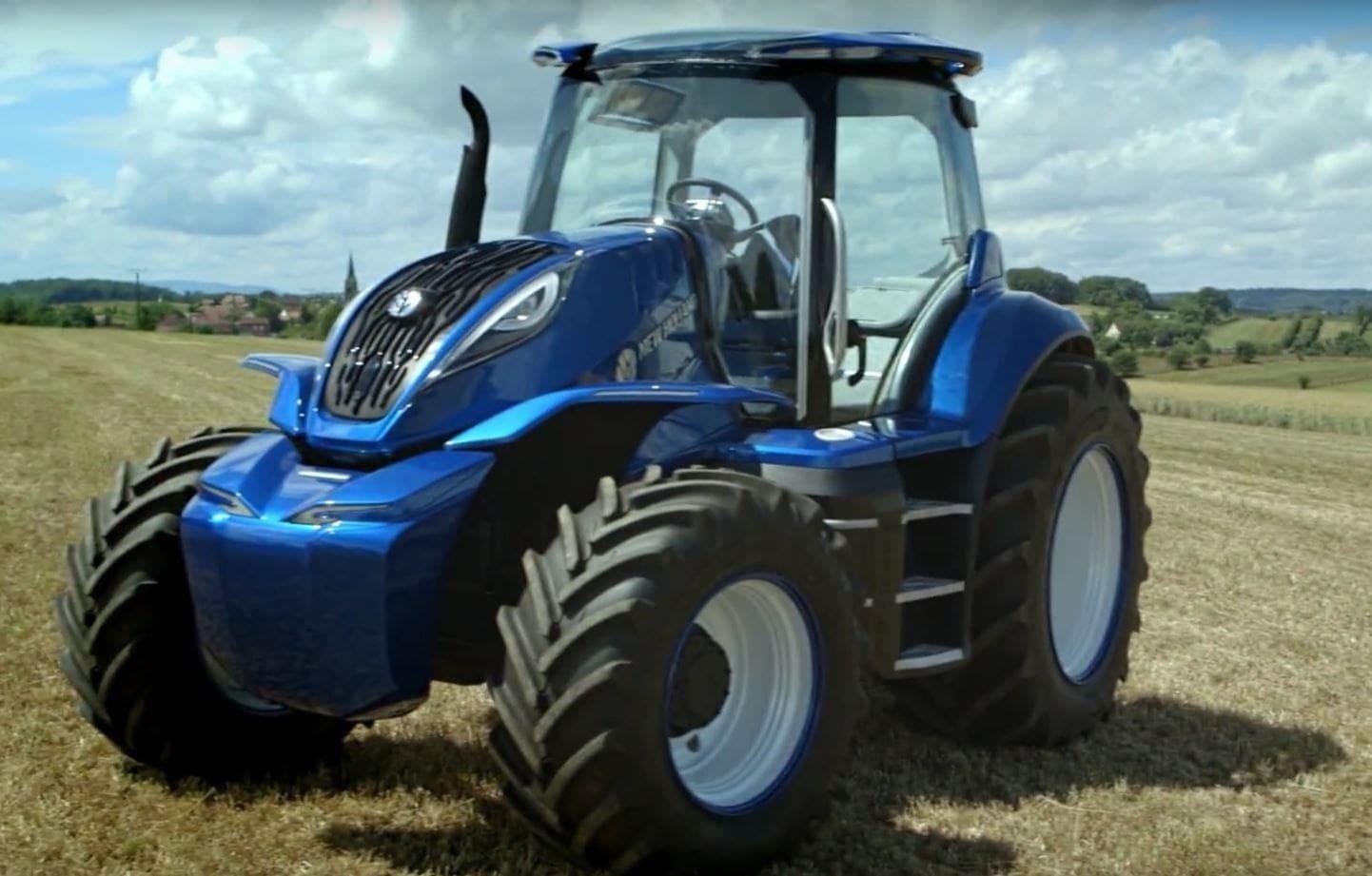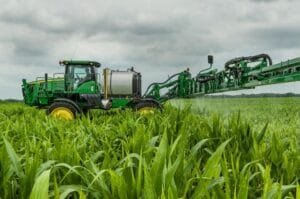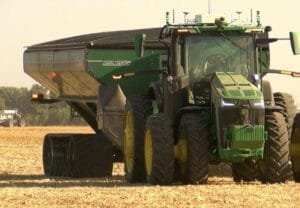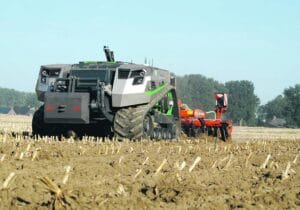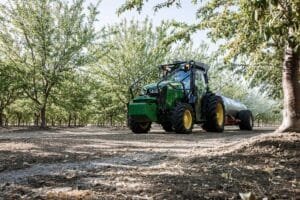Indian automotive giant Mahindra has introduced its latest agricultural innovation, a tractor powered by biogas technology, at a demonstration event in New Delhi. The new development represents a significant step toward sustainable farming practices, combining customary agricultural machinery with renewable energy solutions. This technological advancement aims to provide farmers with an alternative to conventional diesel-powered tractors while addressing environmental concerns and reducing operational costs. In a groundbreaking development at the prestigious Delhi Agricultural Exhibition, India’s automotive giant showcased its latest innovation in sustainable farming technology. The revolutionary biogas-powered tractor marks a significant shift towards eco-friendly agricultural practices while addressing the growing concerns of environmental sustainability in the farming sector.
The new technology harnesses organic waste from farms, converting it into clean-burning biogas that powers the tractor’s modified engine. This dual-fuel system allows farmers to significantly reduce their dependence on conventional diesel fuel, potentially cutting operational costs by up to 40%. The tractor’s engine has been specifically engineered to maintain optimal performance while using this alternative fuel source.
Agricultural experts present at the demonstration highlighted the potential impact of this technology on India’s farming landscape. The system not only provides a sustainable fuel alternative but also offers a practical solution for managing agricultural waste. Farmers can utilize crop residues, animal manure, and other organic materials to generate their own fuel, creating a closed-loop system that benefits both the surroundings and their bottom line.
The biogas tractor’s innovative design includes an integrated compression system that processes raw biogas into a more efficient fuel form.This compressed biogas is stored in specially designed cylinders that ensure safe storage and consistent fuel delivery. The technology maintains the tractor’s power output comparable to traditional diesel models, ensuring no compromise in performance during heavy-duty farming operations.
Field trials conducted across various agricultural regions have demonstrated promising results. Farmers reported maintaining productivity levels while experiencing significant reductions in fuel costs. The technology has shown particular success in paddy cultivation, where abundant crop residue can be converted into fuel, addressing the persistent problem of stubble burning.
Environmental impact assessments indicate that the biogas tractor could reduce carbon emissions by up to 70% compared to conventional diesel models. This ample reduction aligns with India’s commitment to reducing its agricultural carbon footprint and promoting sustainable farming practices.
The technology also presents opportunities for rural entrepreneurship. Communities can establish biogas production units, creating additional income streams while supporting local agricultural operations.This ecosystem approach could revolutionize rural energy dynamics and waste management systems.
Technical specifications reveal that the tractor can operate continuously for up to eight hours on a single biogas fill, making it practical for regular farming operations. The dual-fuel system allows seamless switching to diesel when required, ensuring uninterrupted work in areas where biogas availability might be limited.
Market analysts predict that this innovation could transform the agricultural machinery sector, particularly in developing nations where sustainable farming solutions are increasingly sought after.The technology’s adaptability to various farm sizes and types makes it a viable option for both small-scale and commercial farming operations.

